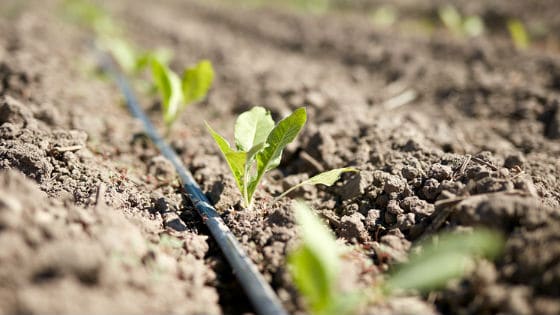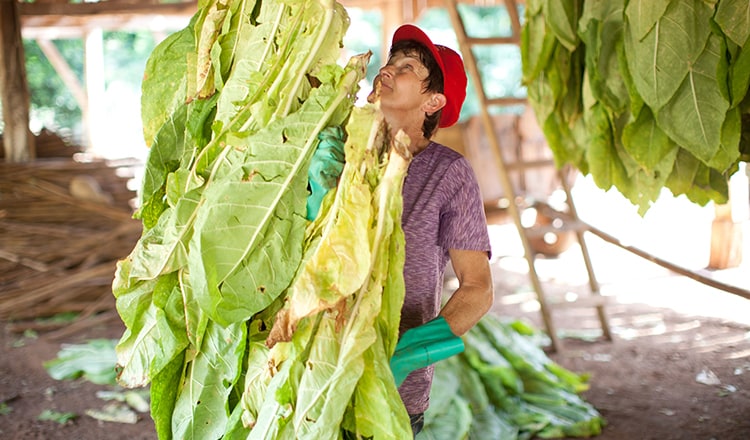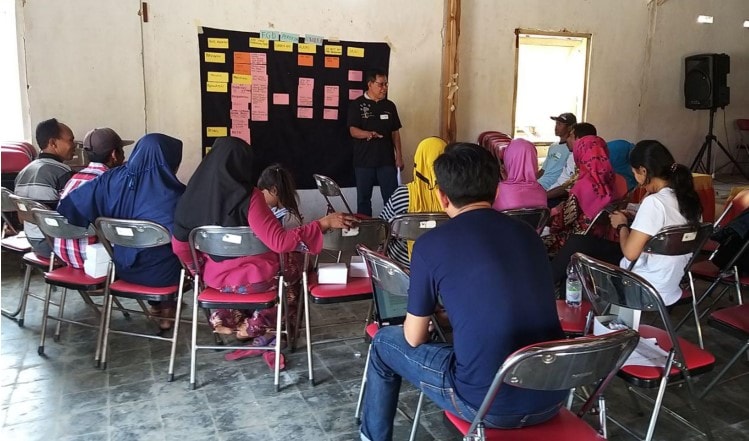Eliminating child labor from PMI’s leaf supply chain
11 Jun 2019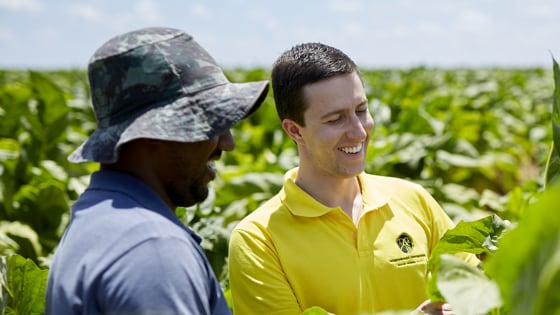
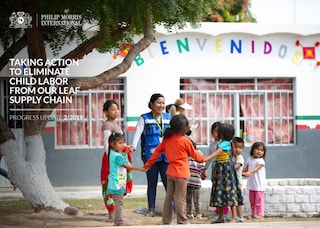
PMI has been implementing an Agricultural Labor Practices (ALP) Code program already since 2011. This program was developed in a strategic partnership with Verité, a leading global NGO in responsible supply chains, and currently reach more than 350,000 farms. ‘No child labor’ is one of the seven principles in our ALP Code. PMI regularly communicates about the program in quarterly progress updates.
Based on comprehensive and regular monitoring of tobacco farms, PMI is confident that the vast majority of contracted farms supplying PMI do not use child labor (98% of the visited farms). In 2018, field technicians visited over 300,000 - or around 88% - of the 350,000 contracted farms and checked for child labor issues. Thanks to those visits, over 4,000 incidents were identified, of which 89% were resolved.
PMI also initiated a ‘Step Change’ approach in 2018 to solve the most prevalent and persistent issues that keep resurfacing in its leaf supply chain. In the case of child labor, this helped establish a more structured approach by implementing a child labor monitoring and remediation system that addresses cases in a holistic and integrated manner, in partnership with local NGOs, government bodies and community leaders. In addition, the effectiveness of the monitoring system and remediation activities is externally verified by local third parties.
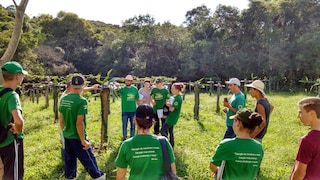
One of the first to successfully implement this new Step Change approach was PMI’s affiliate in Argentina, Massalin Particulares. Building on the learnings from Argentina, Malawi will implement a similar child labor monitoring and remediation approach for its upcoming crop season starting in August 2019. In Brazil, where the major root causes for child labor are cultural or related to limited professional development for older kids, Philip Morris Brazil (PMB) developed specific remediation interventions to tackle the issue, with a focus on risk groups and root causes. For the next season, PMB aims to focus the initiatives in place on preventing and addressing high risk cases before an actual child labor incident occurs.
To further tackle the issue, PMI has not only put strict standards and a monitoring system in place, but aims to address the root causes of child labor by providing concrete help. This help for example ranges from the support to access education and after school activities, to improving and mechanizing work processes on farms that there is no longer a need for children to help on farms.
Child labor should have no place in a company’s supply chain, and it’s up to each company to not only eliminate the problem, but help tackle the underlying reasons it exists.Miguel Coleta, Director Sustainability, Philip Morris International
To learn more about PMI’s ALP program and the Step Change put in place to address labor issues such as child labor, we invite you to read the latest ALP Progress Update.
Share this
Read more
Sustainability
